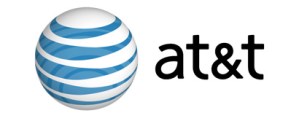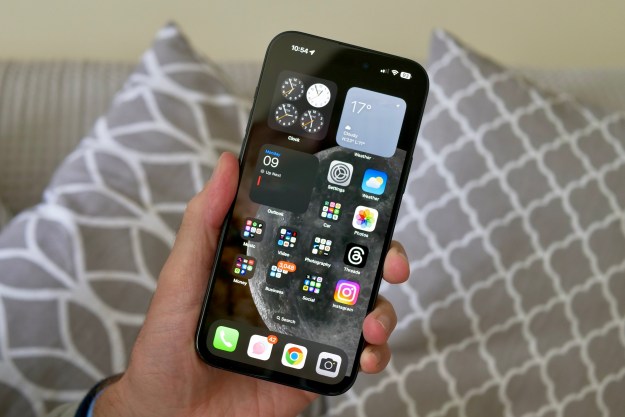 Apple has certainly had a hit on its hands with the iPhone, but the iPhone’s exclusive U.S. carrier AT&T has certainly been taking hits over its network performance: users of iPhones—and other mobile devices—have consistently been complaining about limited bandwidth, poor network performance, and even problems placing and sustaining calls in well-networked areas. Today, AT&T announced plans to bring more data bandwidth to its mobile, announcing it plans to bring 7.2 Mbps HSPA technology to 25 major markets by the end of 2010—and six of those markets should be online by the end of 2009. For customers in areas getting the improved service—and who upgrade to HSPA 7.2 devices—the new service levels might turn AT&T’s network into a whole new experience.
Apple has certainly had a hit on its hands with the iPhone, but the iPhone’s exclusive U.S. carrier AT&T has certainly been taking hits over its network performance: users of iPhones—and other mobile devices—have consistently been complaining about limited bandwidth, poor network performance, and even problems placing and sustaining calls in well-networked areas. Today, AT&T announced plans to bring more data bandwidth to its mobile, announcing it plans to bring 7.2 Mbps HSPA technology to 25 major markets by the end of 2010—and six of those markets should be online by the end of 2009. For customers in areas getting the improved service—and who upgrade to HSPA 7.2 devices—the new service levels might turn AT&T’s network into a whole new experience.
“Our deployment of HSPA 7.2 and supporting back-haul connectivity will enable our customers to continue to ride the leading edge of emerging devices and thousands of mobile applications,” said AT&T Operations CEO and president John Stankey, in a statement. “Our network is based on the predominant technology platform used by operators worldwide and has been tested by today’s most popular devices. That experience gives us an important advantage in developing and deploying new technologies to meet customers’ future needs.”
AT&T plans to roll out HSPA 7.2 in Charlotte, Chicago, Dallas, Miami, Los Angeles, Houston, and Los Angeles by the end of the year, with coverage extended to 25 of the 30 largest mobile markets in the United States by the end of 2010. By the end of 2011, AT&T hopes to cover about 90 percent of its existing 3G data services network footprint with HSPA 7.2 technology.
HSPA 7.2 theoretically offers data bandwidth up to 7.2 Mbps, roughly double the bandwidth available in the best case scenario on AT&T’s existing 3G network. However, the 7.2 Mbps speed is a theoretical maximum; in reality, bandwidth will be lower due to network utilization, location, the specifics HSPA 7.2 device being used, interference, and other factors.
To take advantage of the new bandwidth, AT&T customers will have to have an HSPA 7.2-compatible phone; that includes the iPhone 3Gs, but not earlier editions of the iPhone. AT&T says it plans to introduce half a dozen new HSPA 7.2 handsets by the end of the year, along with HSPA 7.2 data card for use in notebook computers.
AT&T’s HSPA 7.2 technology will be competing against WiMax offerings from Clearwire, as well as forthcoming LTE mobile broadband technology Verizon Wireless is planning to launch in 2010.
Editors' Recommendations
- AT&T customers past and present impacted by huge data leak
- Were you affected by the AT&T outage? You may get some free money
- Everything you need to know about the massive AT&T outage
- A smartphone company you haven’t heard of has big plans for 2024
- Best cell phone plan deals: T-Mobile, AT&T, Verizon, Mint Mobile and more


